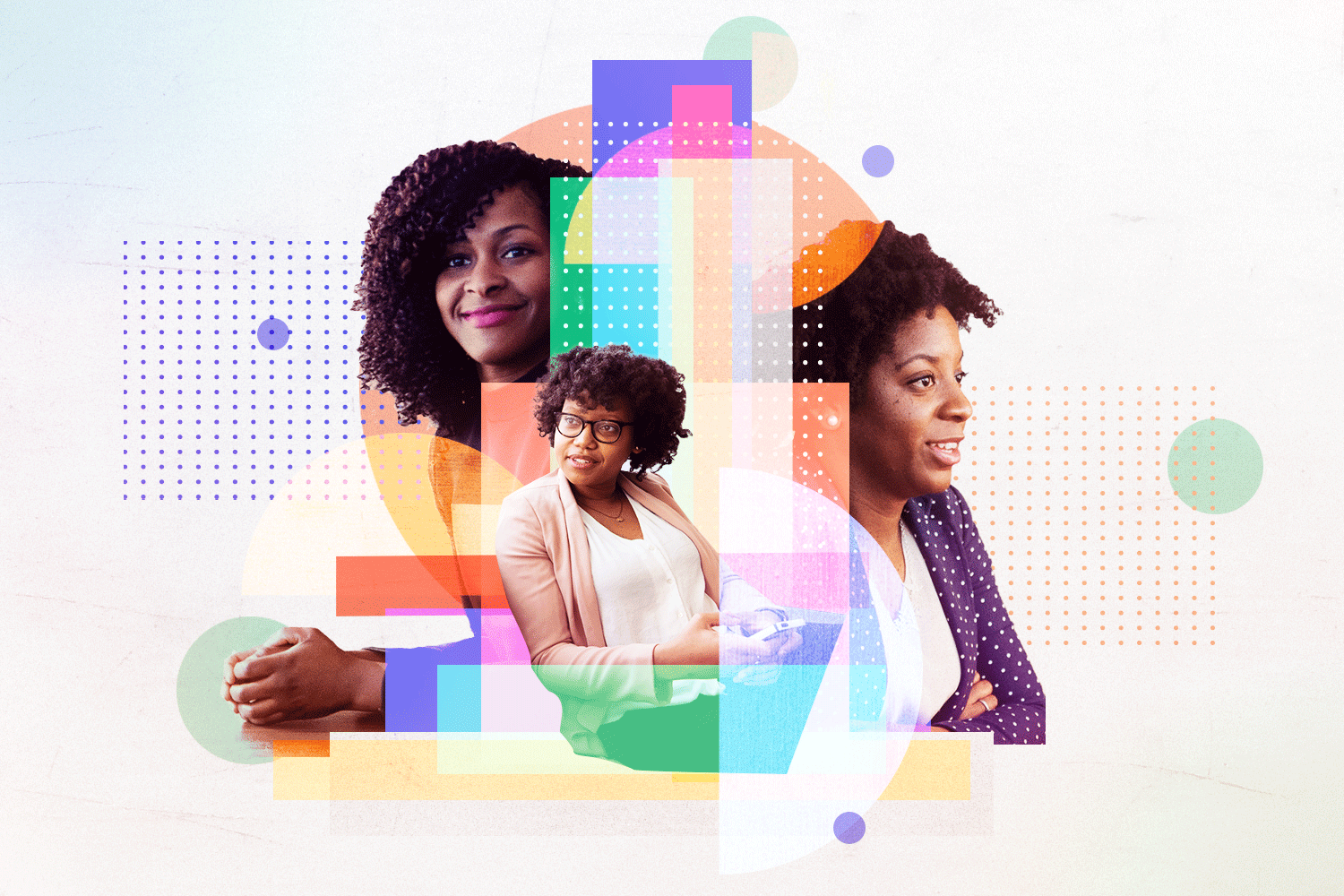Empathetic Leadership During the Storm
By: Akilah S. Wallace, WOC member and Executive Director, Faith in Texas
“Lead with an iron fist,” some said.
“Never let them see you cry,” others recommended.
“You were born to lead,” many affirmed.
Countless people have offered advice and encouragement to me as a leader over the years. Yet the idea of empathy in leadership has rarely been addressed. As a Black female nonprofit executive who this winter finds herself in a transparent and vulnerable moment, I felt compelled to write down some of my struggles in these extraordinary times in Texas nonprofit history.
Layer on the pandemic, heightened racial tensions, and then—Boom!—a winter storm with near zero temperatures that collapsed the state’s power grid and left millions of Texans in dark and unheated homes. I knew it wasn’t just going to be bad, it was going to be deadly.
My first instinct was to reach out to my staff and inquire about their housing, food, and other needs. In my experience, employers rarely do wellness checks on their employees, other than to inquire if the employee will be working or not. And while nonprofits are quick to respond to community needs during a disaster, how many organizations offer direct support to their own staff? As an empathetic leader, I am always first concerned about those closest to me and then I expand my outreach.
I considered my teams’ mental health and reminded them of our EAP program and insurance plans that could assist with counseling. With a team of majority women of color, I understood how responses to crisis and trauma live in our bodies. Science proves it lives in the DNA of African-American women with lineage to slavery, Jim Crow, and the modern-day lynchings of Black bodies on social media. In my role, I must consider all the harms against the communities my organization serves as well as my staff. And then I act to protect them.
With a team of majority women of color, I understood how responses to crisis and trauma live in our bodies.
Where does that leave me? Self-care seems to be all the rage, but it is much easier said than done. I took a break from the news because the lack of accountability by Texas officials, ERCOT, electric companies, etc. was so infuriating. But within moments of taking a break, an employee texted me asking if we could help dozens of families locked out of their hotel rooms with nowhere to go because mutual aid groups were struggling to cover the costs.
It was then that the magnitude of this crisis became clear. There was not time for self-care. As a single mother, my heart ached for these displaced mothers and children. I imagined them trying to survive the freezing cold, making it through harsh conditions to find public transportation to the suburbs where mutual aid groups could secure rooms. I envisioned them seeking food, water, hygiene products, and even underwear.
That is exactly what the employee who called me was experiencing herself. A Black woman and mother of small children, she too was at the hotel seeking temporary housing. Yet she was advocating for others in crises and I encouraged her to action. For her, too, self-care would have to wait.
Family and business colleagues reached out from across the country to check on me and my sons. My answer was always “I’m fine. Grateful to be safe, warm and healthy,” when really, I was numb.
As Black women, when we call for equity, protection, love, and healing, we are speaking with love and respect, with a history of legitimate suffering, and through our own vulnerability.
Through my contacts I was learning about the helpers on the frontlines—the heroic individuals, small nonprofits, and local Black churches who were doing crucial, in-the-moment work to help people survive. I knew their names were not going to be mentioned during funder calls. Yes, media outlets were highlighting their work and individuals were responding to calls for donations via social media, but when I saw emails inquiring about needs from large funders, I knew I had a responsibility to elevate these small local people and organizations already on the ground doing important work without the name recognition. Honestly, I was not even sure if some had an IRS 501(c)(3) designation, but it didn’t matter. They deserved resources too. They deserved to be trusted with money—not just in-kind donations—so they could pay their leaders like I, and other executive directors, get to. Standing in the gap for grassroots organizations is another role I cherish.
Being an empathetic leader likely isn’t the best long-term strategy, but I’m convinced Love Leadership written by John Hope Bryant, represents the legacy I prefer to leave. It focuses on leading with love and respect, recognizes that there can be no strength without legitimate suffering, nor power without vulnerability. As Black women, when we call for equity, protection, love, and healing, we are speaking with love and respect, with a history of legitimate suffering, and through our own vulnerability. Give us this moment to show our greatness. Unless you are one of us, you cannot understand what we go through to successfully exist, much less lead in America today.
— Grace and peace, Akilah.
How To Help
To support storm response and recovery efforts in partnership with Faith in Texas, please donate at fitx.link/StormRelief.
Gifts will be matched by a generous donation of $10,000 from the Faith in Action national network. 100% of the proceeds will go to individuals, small nonprofits and churches continuing to help Texans in need. Thank you!
Akilah S. Wallace, Executive Director, Faith in Texas
Akilah Wallace is the Executive Director of Faith in Texas, a nonpartisan, multi-racial, multi-faith grassroots movement of people united in values working together to achieve economic, racial, and social justice for all people. She has two decades of expertise spanning nonprofit leadership and consulting, fund development, and African American media sales. She's pursuing a degree in Human Services Management & Leadership at the University of North Texas at Dallas and has earned a Nonprofit Management Certificate from the Center for Nonprofit Management.
Under Akilah’s leadership, Faith in Texas has helped pass ordinances protecting North Texans against eviction and launched a bail fund freeing people from captivity during the pandemic, while building faith-based organizing power to impact local and state policies.
Akilah founded Distinguished Ones: A Philanthropic Initiative, recognized as #BlackDFWGives. It’s an educational and inspiring, online initiative seeking to elevate philanthropy education and the next generation of philanthropists of color. She also founded HERitage Giving Fund, a Black women's giving circle that has awarded $50,000 in grants to Black women-led organizations. Her vision and leadership have influenced the narrative around philanthropy of color and over $1 million in collective giving circle funding throughout North Texas.
Honors include Young Black and Giving Back Institute’s 2019 Philanthropist of the Year, Dallas Business Journal 40 Under 40 and The Dallas Foundation Top 10 Good Works Under 40 Award. Akilah is an inaugural Black Women in Nonprofit Leadership Cohort participant, mentor with Big Brothers Big Sisters, a 2018 Dallas Public Voices Greenhouse, Op Ed fellow and sought-after public speaker.
Akilah is the proud mother to college student and businessman, Jamel and student-athlete, Jayce.
Her mantra is: There is no royal flower-strewn path to success. And if there is, I have not found it for if I have accomplished anything in life it is because I have been willing to work hard. — Madame C.J. Walker
Connect with Akilah: https://about.me/akilahs.wallace
Content may not be reproduced without permission of Women of Color in Fundraising and Philanthropy.®





